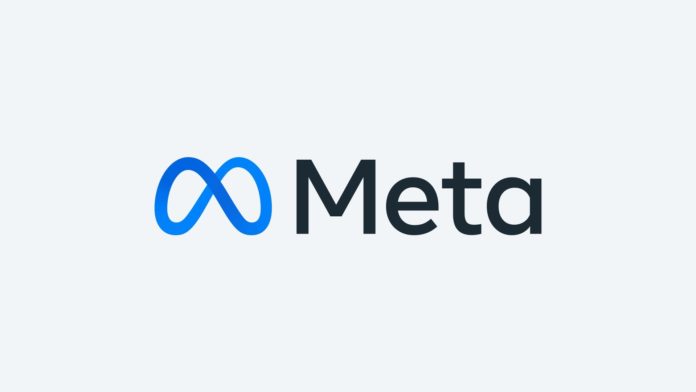In a bold pivot toward prioritizing free expression, Meta has announced sweeping changes to how content is handled across Facebook, Instagram, and Threads. At the heart of these changes is a shift from third-party fact-checking to a Community Notes model, alongside new policies that aim to reduce censorship and empower users to personalize their experiences with political content. It’s a recalibration of Meta’s approach to moderation, inspired by lessons learned over years of complex, and often criticized, systems of content management.
Meta’s decision to phase out its third-party fact-checking program in the United States marks a significant departure from its strategy since 2016. Initially launched to counter viral hoaxes and misinformation, the program has faced backlash for its perceived bias and overreach. “We didn’t want to be the arbiters of truth,” Meta explains. “But over time, our system became too restrictive, often censoring legitimate political speech and debate.” With Community Notes, Meta hopes to mirror the success of X (formerly Twitter), where a diverse community contributes context to posts without imposing heavy-handed censorship. The notes will be collaboratively written, rated, and transparently displayed, ensuring multiple perspectives are considered.
Alongside this, Meta is rethinking its approach to enforcing content rules. For years, automated systems flagged and removed content at scale, but this led to significant errors and frustrations for users. According to Meta, millions of pieces of content are removed daily, with as many as 10-20% of these actions potentially being mistakes. To address this, the company is narrowing its enforcement focus to high-severity violations like terrorism, fraud, and child exploitation. Lesser infractions will now rely on user reporting before action is taken, and stricter thresholds will be applied for demotions or removals.
This overhaul extends beyond just the rules—it also shifts the way political content is handled. Since 2021, Meta reduced the visibility of civic content in users’ feeds after complaints about its overwhelming presence. Now, it’s adopting a more personalized approach. Users who want more political content can signal their preferences, while others can opt for a quieter feed. Content from followed accounts will be treated like any other post, and recommendations will be tailored using explicit and implicit user feedback. This marks a move away from blunt algorithms toward a nuanced system that respects individual choice.
Meta’s changes come with an acknowledgment of past mistakes and a renewed commitment to free expression. In his 2019 Georgetown University speech, CEO Mark Zuckerberg emphasized that free speech drives progress, even when it’s messy. “More people having a voice may create division, but it’s also what brings us closer to the truth,” he argued. These updates aim to align Meta’s policies with that ideal, creating platforms where billions can speak freely without unnecessary barriers.
Critics may still question the potential for bias in Community Notes or the risks of reduced moderation, particularly in the context of misinformation. However, Meta’s transparent approach to sharing metrics and mistakes may help alleviate concerns. By shifting trust and safety teams to new locations and employing advanced technologies like AI large language models for content review, the company is positioning itself as more responsive and adaptable than ever.
These updates represent a turning point for Meta’s platforms. By scaling back overreach and enabling more speech, Meta is doubling down on its role as a forum for open dialogue. It’s a gamble on the power of free expression—a bet that the good, bad, and ugly of billions of voices will ultimately push society forward.







